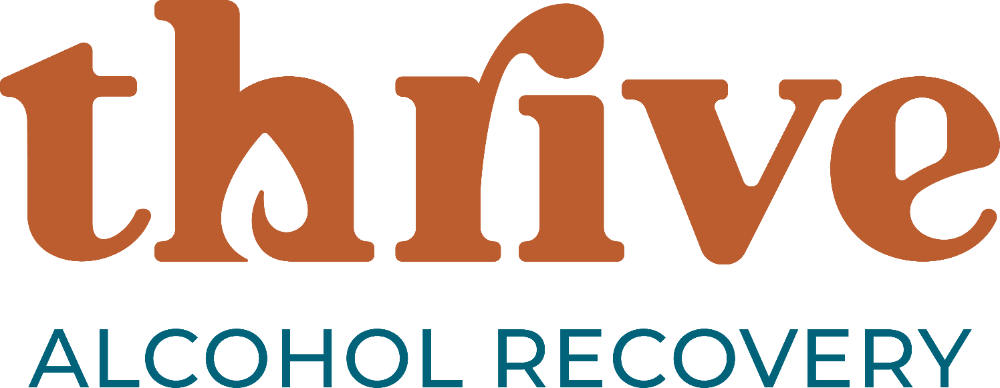If you're exploring ways to change your relationship with alcohol, you may have come across The Sinclair Method (TSM). But is it the right fit for you? While TSM is a science-backed approach to reducing alcohol intake, it’s not for everyone.
This article breaks down the pros and cons of TSM to help you decide if it aligns with your personal goals.
👉 Want to learn more about TSM? Visit our Sinclair Method page for key details on how it works.
How Does TSM Work?
TSM is a medication-based approach that helps people gradually regain control over their drinking. It works by using naltrexone, a prescription medication that blocks the brain’s pleasurable response to alcohol when taken before drinking. Over time, this helps reduce cravings and weaken habitual drinking patterns.
Unlike traditional abstinence-based methods, TSM does not require you to quit drinking immediately. Instead, it allows for a gradual reduction in alcohol consumption, giving individuals the flexibility to either moderate or work toward long-term sobriety.
👉 For more details on how TSM works, visit our Sinclair Method page.
Who Should Consider TSM?
TSM might be a good fit if:
✔ You’ve struggled to cut back on alcohol using willpower alone.
✔ You want a method that allows you to continue drinking while making gradual changes.
✔ You’re open to using medication as a tool for behavior change.
✔ You’re looking for a private, home-based approach instead of rehab or group programs.
✔ You have tried other methods but found them ineffective or unsustainable.
If you answered yes to most of these, TSM could be a good option for you.
Who is TSM Not For?
While TSM is highly effective for many, it’s not suitable for everyone. This method may not be the right fit if:
- You’re pregnant or have a medical condition that prevents the use of naltrexone.
- You have an opioid dependency (since naltrexone blocks opioids and could cause withdrawal).
- You want immediate sobriety and don’t plan to drink at all.
- You are already abstinent and successfully managing your recovery without medication.
If any of these apply to you, alternative treatment options may be a better fit.
The Pros and Cons of TSM
✅ Pros of TSM
✔ You can start today from home – No need for inpatient rehab or in-person meetings.
✔ Personalized drinking goals – Whether you want to cut back or eventually quit, TSM supports both.
✔ Proven effectiveness – Research shows TSM has a 78% success rate in reducing alcohol consumption.
✔ Affordable and accessible – Naltrexone is a generic medication, making it a cost-effective option. Click here for estimated naltrexone costs when you join Thrive.
✔ Safe and non-addictive – Unlike some other treatments, naltrexone itself is not habit-forming.
✔ Discreet – You don’t need to disclose your treatment to anyone unless you choose to.
✔ Scientifically backed – Based on decades of research into habit formation and brain chemistry.
❌ Cons of TSM
❗ Requires drinking – Since TSM works by breaking the brain’s learned response to alcohol, it requires continued drinking while on the medication. If you want to stop drinking immediately, this method may not be for you.
❗ Commitment is key – Skipping doses or not taking naltrexone consistently before drinking can make TSM less effective.
❗ Not suitable for everyone – Certain health conditions, opioid use, or pregnancy may exclude some from safely using naltrexone.
❗ Finding a knowledgeable doctor can be challenging – Not all physicians are familiar with TSM. Thrive connects you with experienced telemedicine doctors across the U.S. to make this step easier.
❗ Habit change still takes effort – While naltrexone helps reduce cravings, behavior change is still necessary for long-term success. Support systems and new habits play an important role.
Why Isn’t TSM More Well-Known?
Despite its success, TSM remains relatively unknown compared to traditional recovery programs. A few reasons for this include:
📌 Lack of awareness among doctors – Many healthcare providers are unfamiliar with naltrexone for alcohol use disorder.
📌 Dominance of abstinence-based models – Traditional 12-step programs and rehab models focus on quitting completely, while TSM offers a different approach.
📌 Stigma around medication-assisted treatment – Some people still believe overcoming alcohol use disorder should happen without medication, even though research shows otherwise.
📌 Slow adoption in medical practice – In a discussion with leading naltrexone expert Dr. Joseph Volpicelli, he explains that many doctors hesitate to prescribe naltrexone due to outdated misconceptions about its effects, cost, and efficacy.
To see Dr. Volpicelli’s insights on this issue, watch this video clip 👇
Final Thoughts: Should You Try TSM?
TSM provides a unique, science-based approach for those looking to reduce alcohol consumption without requiring immediate sobriety. It offers flexibility, privacy, and a high success rate—but like any method, it works best for those committed to following the protocol.
If you're considering TSM, talking to a knowledgeable doctor is the best first step. Join Thrive to get connected with a physician and receive expert guidance on your journey.
👉 Want to learn more? Visit our Sinclair Method page for key details on how it works.
Medical Disclaimer: This content is for informational purposes only and does not constitute medical advice. Always consult with a healthcare professional before starting any treatment.
Author

Katie Lain
Sinclair Method Coach
Recent Posts






